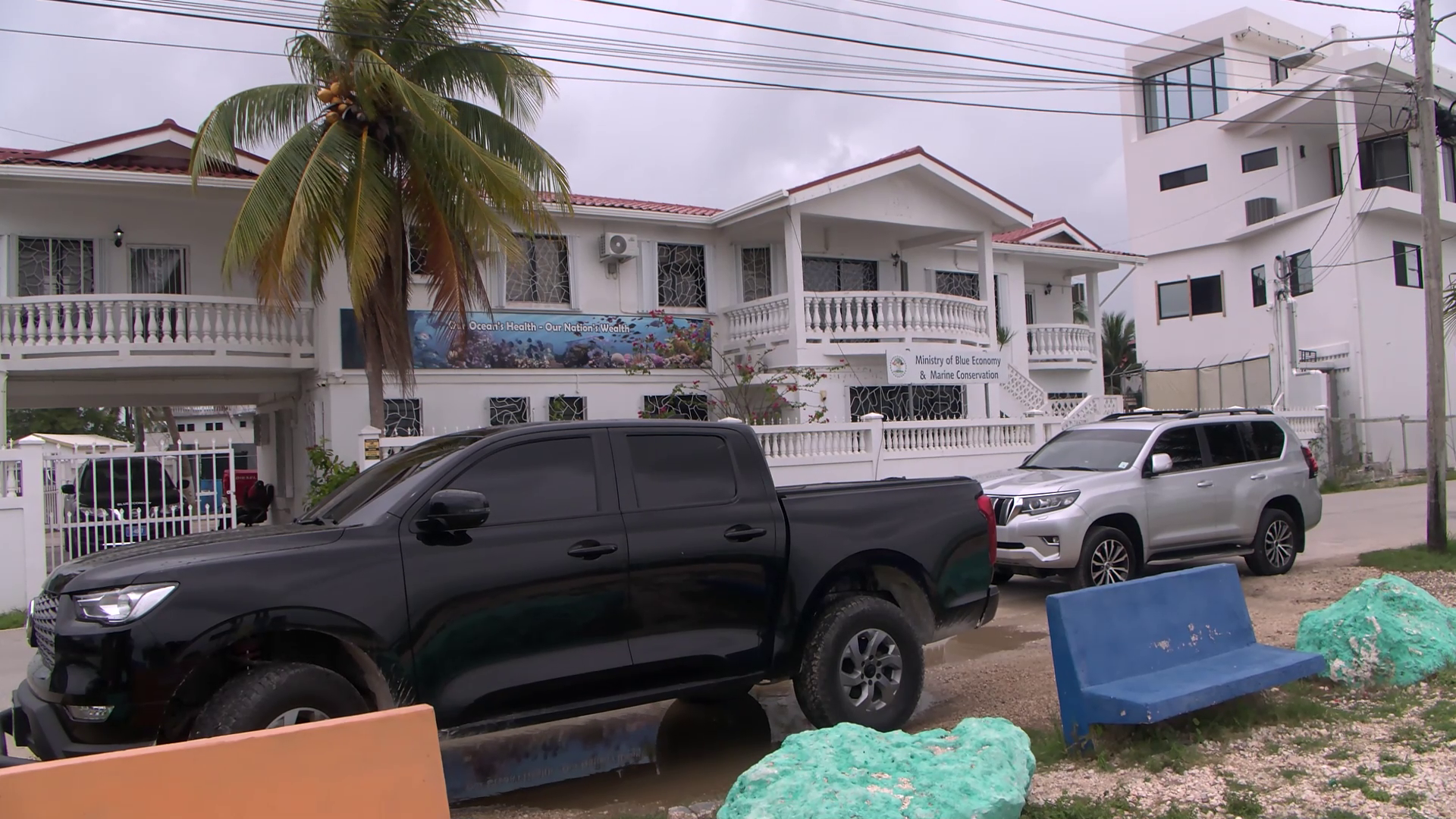Fourteen thousand dollars a month for rent. That’s the jaw-dropping figure revealed this week after a press conference that left a lot of people talking. Public Service Union President Dean Flowers dropped a bombshell: the Ministry of Blue Economy is shelling out fourteen grand every month to rent office space in what appears to be a converted house in Buttonwood Bay. Yes, a house. But wait, there’s more. Turns out, the Immigration Department is paying even more, twenty-two thousand dollars a month, for its lease. And now, people are asking: how many other ministries are spending big bucks on rent? And more importantly, is this how taxpayers want their money spent? Tonight, we’re breaking it all down. We’ll hear from the minister, look at the numbers, and ask the big question: are we really getting our money’s worth?
Fourteen thousand dollars a month, for rent. That’s the figure raising eyebrows after a press conference on Thursday, where Public Service Union President Dean Flowers revealed that the Ministry of Blue Economy is shelling out that amount for office space in just one building. It’s a revelation that’s sparking fresh questions about government spending and accountability, especially at a time when public resources are under the microscope.
Dean Flowers, President, Public Service Union
“Blue Economy, they are paying fourteen thousand for one of their buildings, fourteen thousand.”
Imagine paying fourteen thousand dollars a month for what looks like a house. That’s the reality for the Ministry of Blue Economy, according to Public Service Union President Dean Flowers. The building in question? A two-story structure at 1688 Seashore Drive, right across from the Belize Sign Monument Park in Buttonwood Bay. It may look like a retrofitted residence, but it’s currently home to a full government ministry. Today, we caught up with Minister Andre Perez. While he didn’t deny the hefty rental figure, he did try to justify the cost.
Andre Perez, Minister of Blue Economy
“Let me start off by this, I heard the PSU mentioned all of these places that they claim are exorbitant rent and all of this. But the Ministry of Blue Economy is a relatively new, just going in second term. We need to rent and I think the figures are reasonable. But where we are the ministry is growing already, more people being put in, because remember five years ago we started from scratch. So it is growing and to say government, government has always been renting. Why didn’t they raise it ten years ago when all these cronies were renting, so I am surprised he is not saying what happened in the past. Why until now? But in case of my ministry it is well justified. We are getting value for money.”
Andre Perez
“Let me tell you about kickbacks. This is all ludicrous. We are guided by the Ministry of Public Service, so I cannot comment on that. But, my response to that is hogwash. You cant be going by that. It is a building and it is right by the sea. So it is fitting. Let me add something. We adopted the park by the front. We adopted it with the community there working together. It is a beautiful park and a tourist attraction. So instead of asking how much we are paying. It is actually beautifying the neighborhood and the residents are happy for our office to be there.”
Dean Flowers
“Topping the list for the highest monthly rental is the Immigration and Nationality Department which is under the Office of the Prime Minister. They are paying twenty-two thousand to a certain landowner. And we must ask ourselves if that is the office in Belize City, or the office in Belmopan, I would believe we have already, which is a much more beautiful building, compared to the office in Belize City, I can tell you the cost of that building was never twenty-two thousand under the previous administration.”
Dean Flowers
“And this is the shocker, the Ministry of Youth also has one here for fourteen thousand. I am trying to understand which building host the Ministry of Youth that is worth fourteen thousand dollars.”
Reporting for News Five, I am Paul Lopez.
We sought comments from the Ministry of Public Service. Minister Henry Charles Usher promised to get back to us. We will continue to follow.
